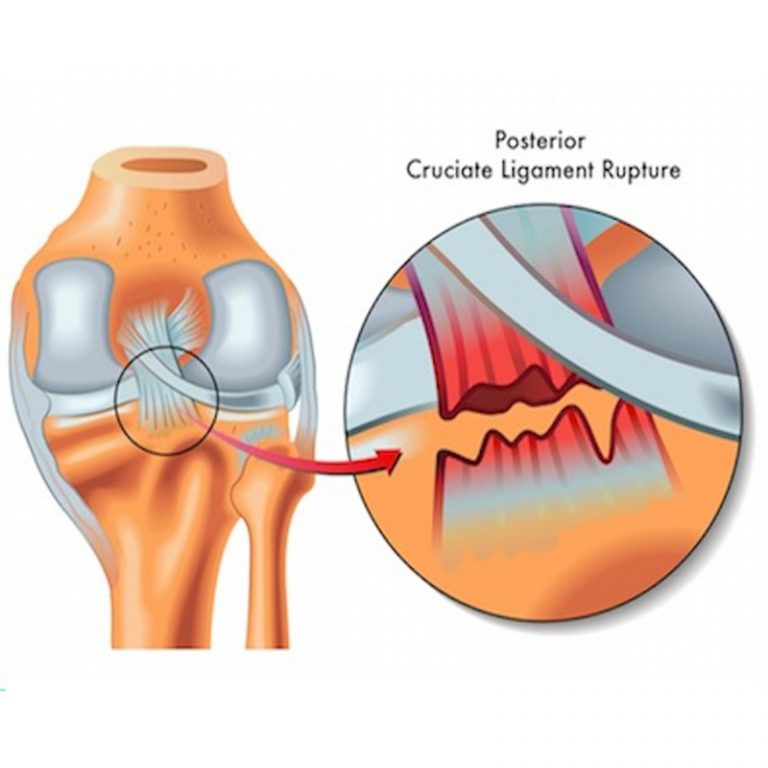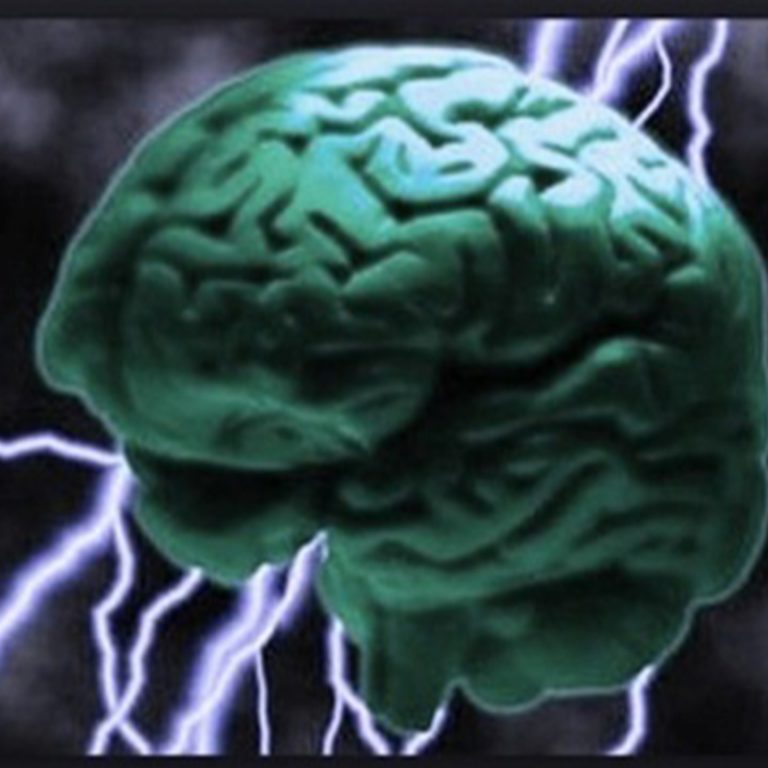Stress – Your Ayurvedic Treatment Plan
Stress used to be a term used mainly by physiologists, who would measure its effects in laboratories. Nowadays most of us in the western world seem to be always working to a deadline. At home and at work everything seems to move faster, and at times it seems that we are expected to do everything by ourselves.
Even on a daily basis, this can lead to negative emotional effects such as irritation, impatience, frustration and anger, or even physical disorders such as indigestion, constipation and headaches. In the long term, if we do not attend to the problem it can lead to all manner of serious diseases.
Before we can devise an effective stress management plan we need to be aware of our own, individual triggers and also where it is in the body that the stress is taking effect. For example, if there is a relationship problem the brain might direct the resulting stress to the reproductive organs, even causing such problems as UTIs. The stress caused by a death or a separation may be directed to the heart, affecting its rhythm. Financial stresses can progress from the brain to all the cells of the body. If we have a strong desire to see a person or a place, but never succeed in doing so, the stress may be sent to the eyes. If we do a job which involves constant standing all the day, stress is likely to be carried in the lower back. Constantly hurrying can stress the adrenals, with the result that the immune system can become overactive.
The places in which we carry our stresses are known as ‘stress points’. The first things that we do when you come to us for help in drawing up an Ayurvedic treatment plan for stress are to identify your individual triggers and your unique stress points. Put simply, we need to know exactly what causes your stress, which organs are being affected and what are the consequences. Armed with this information we are able to supply medicines, both to help with the stress and to treat the affected organs, as well as immunomodulatory medicines where required. Dosha balance is a priority; Ayurveda sees a need to reduce Vata, as stress causes organs to be invaded by excess wind. This will involve attention to diet and some foods will need to be carefully avoided; for example, somebody has had a banana smoothie for breakfast can suffer all day.
Another vital part of the treatment plan involves introducing you to effective ways to relax, as stress causes the autonomic nervous system to be constantly on alert. A 20 minute daily yoga routine involving meditation and affirmation enables the system to organise itself. The effectiveness of this method in reducing stress levels has been demonstrated by the use of equipment that measures galvanic skin response.
Finally, we will help you to make modifications to your lifestyle without which the program would not be complete. Adjustments to such simple matters as the time of going to bed can have a profound effect. Restoring a healthy biorhythmic pattern is central to the Ayurvedic treatment of stress.
Take a look at our short video on YouTube then get in touch with us for an appointment to set up your Ayurvedic stress treatment plan:

*Discover holistic healing with a complimentary phone or video consultation from our expert Ayurvedic practitioner. Start your path to better health today!*























